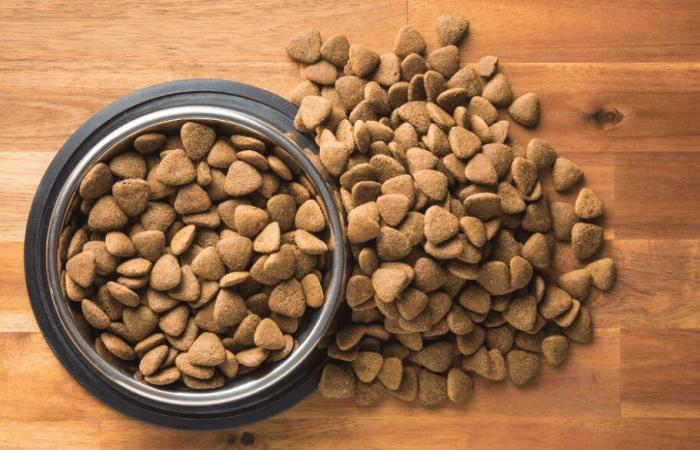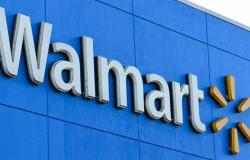In Morocco, the pet food industry, formerly dominated by multinationals, is experiencing a remarkable change with the emergence of national brands, which aim to be competitive.
This change is largely driven by national groups like COPAG and Alf Sahel, pillars of Moroccan agro-industry. These companies, until now specialized in traditional sectors, such as dairy production or animal feed for breeding, have taken a strategic turn by investing in this new market.
The development of this niche demonstrates not only an obvious economic potential, but also a profound change in Moroccan society, where pets now occupy a central place in homes.
A societal transformation in the background
Traditionally, in Morocco, animals were mainly considered as working tools. Dogs were guardians, cats were pest hunters, and their role was often limited to utilitarian tasks, especially in rural areas. But times have changed. Rapid urbanization, the rise of a middle class, and increased exposure to Western lifestyles have transformed mentalities. Today, pets are no longer just helpers, but full members of Moroccan families.
Read also | Equine cosmetics: Kavallo goes back to basics for the well-being of horses
The figures bear this out: the demand for products and services intended for pets continues to increase. This phenomenon is particularly visible in large cities like Casablanca, Rabat, or Marrakech, where pet stores and veterinary clinics are multiplying.
Hamza Tlemçani, founder of the start-up AnimalKom, explains to us that “The pet food market continues to grow. Every week, we see new pet stores and veterinary clinics opening their doors, demonstrating the vitality of the sector. » This dynamic naturally attracts the attention of investors and augurs major economic potential.
Strategic investments and a promising sector
In this context, COPAG and Alf Sahel saw a strategic opportunity. COPAG, known for its dairy products and its cooperatives, has invested more than 200 million dirhams in an animal kibble production factory. This cutting-edge unit relies on collaborations with international veterinarians to guarantee balanced formulations adapted to the specific needs of dogs and cats. Alf Sahel, for his part, uses his expertise in animal nutrition to produce high quality food.
Read also | The Bouskoura Horse City soon to be inaugurated
For Hamza Tlemçani, these initiatives are crucial to establishing a local alternative to international brands. “Multinationals will end up being more interested in this market in Morocco. For local players, it is crucial to position themselves now and build a solid reputation before competition intensifies,” he says.
Growing demand, but a market to be structured
Despite undeniable potential, the Moroccan pet food market remains faced with structural obstacles. The absence of clear regulations allows certain unregistered operators to practice unfair competition by avoiding taxes and social charges. This situation harms companies that respect standards and slows down the overall development of the sector.
However, the outlook is promising. Experts believe that the Moroccan market could ultimately reach international standards, where the pet food industry represents billions of dollars. With the emergence of a middle class concerned about the well-being of its animals, there is no shortage of opportunities. For this potential to be fully realized, rigorous structuring and better regulation are essential.
Innovation and diversified services at the forefront
The production of animal food constitutes only one part of the expanding offer. Companies like AnimalKom have understood that diversification of services is necessary to retain customers looking for complete solutions for their animals. Grooming, pet hotels, accessories, but also local shampoos and perfumes now enrich the Moroccan market.
Read also | Government suspends import duties on olive oil and meats
In addition, AnimalKom aims to democratize access to the sector by franchising its concept. Hamza Tlemçani says: “Many young people dream of entering this field, but the high initial costs and lack of support hold them back. With a structured approach, we can create a strong national network. » This model could not only stimulate employment, but also strengthen the Moroccan presence in a market dominated by foreign players.
Necessary adjustments
Despite obvious dynamism, the sector calls for reforms to support its development. Administrative facilities and financial incentives could encourage young entrepreneurs to start up, while clear regulations would ensure fair competition. Furthermore, government support for training and technological innovation would play a key role in increasing the competitiveness of local businesses.
The emergence of the pet food industry in Morocco reflects a profound economic and cultural transformation. This sector, still in its infancy, offers prospects for diversification and growth for large groups and small businesses alike.






